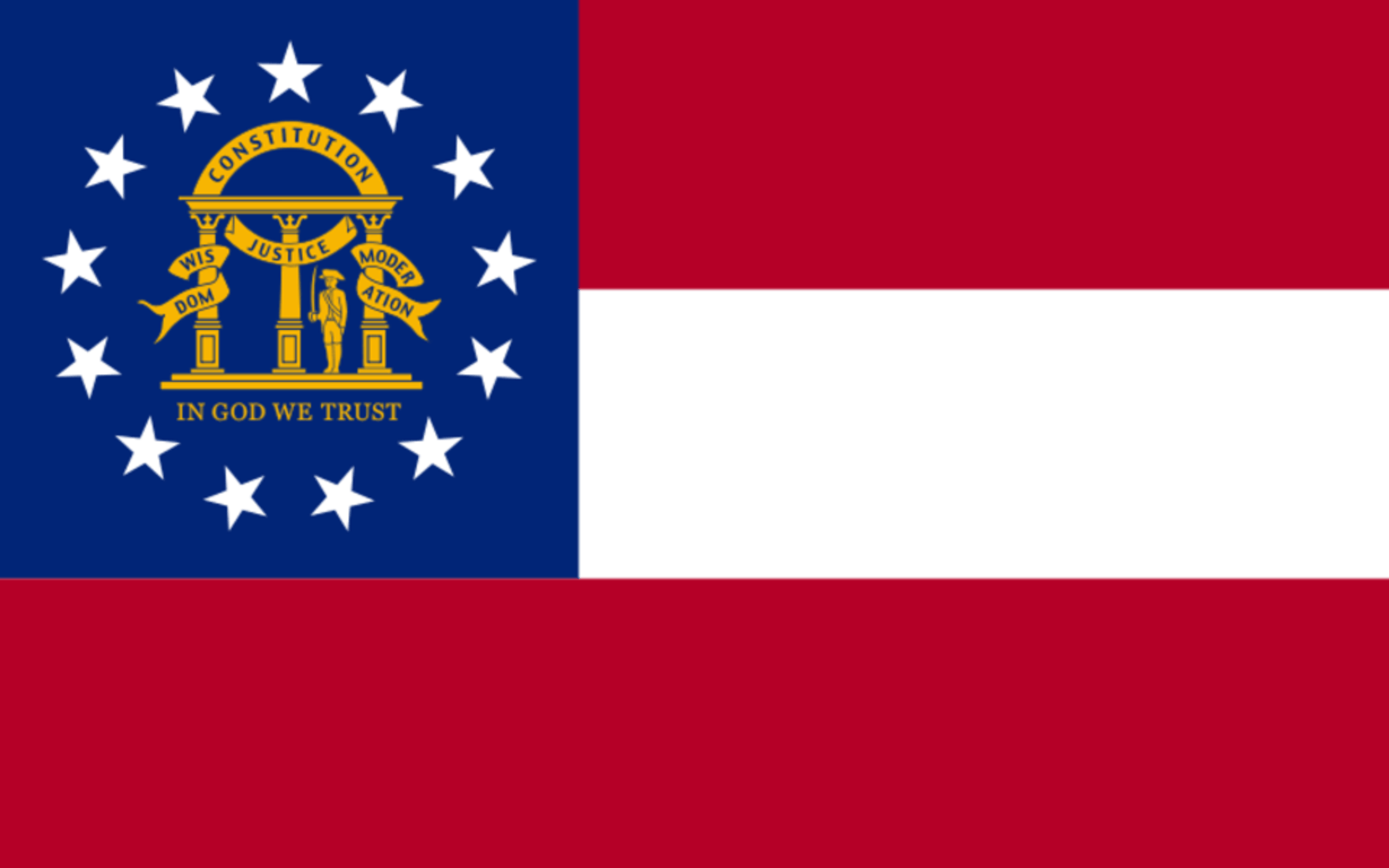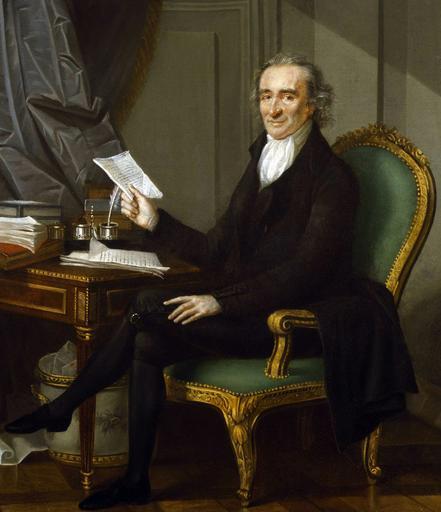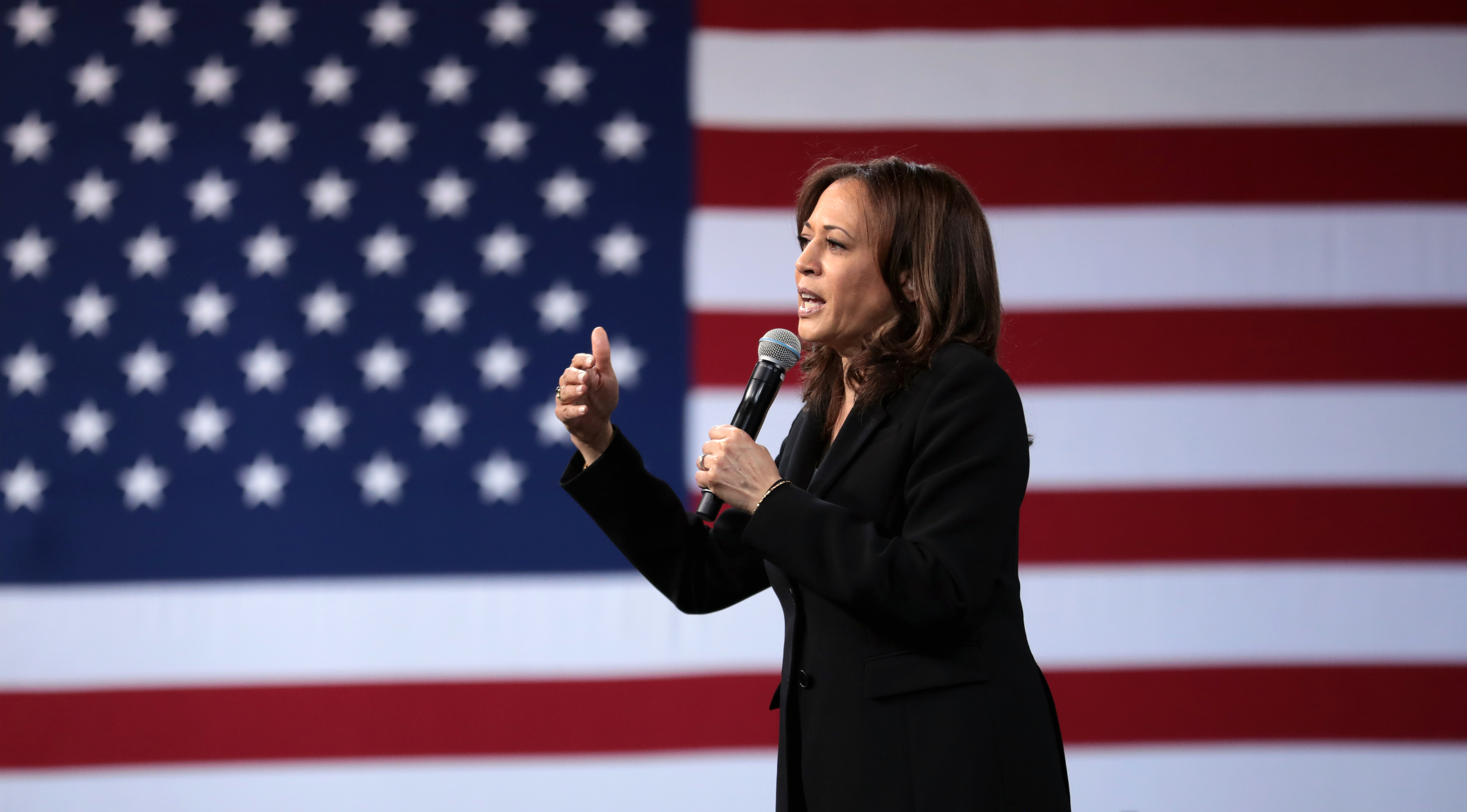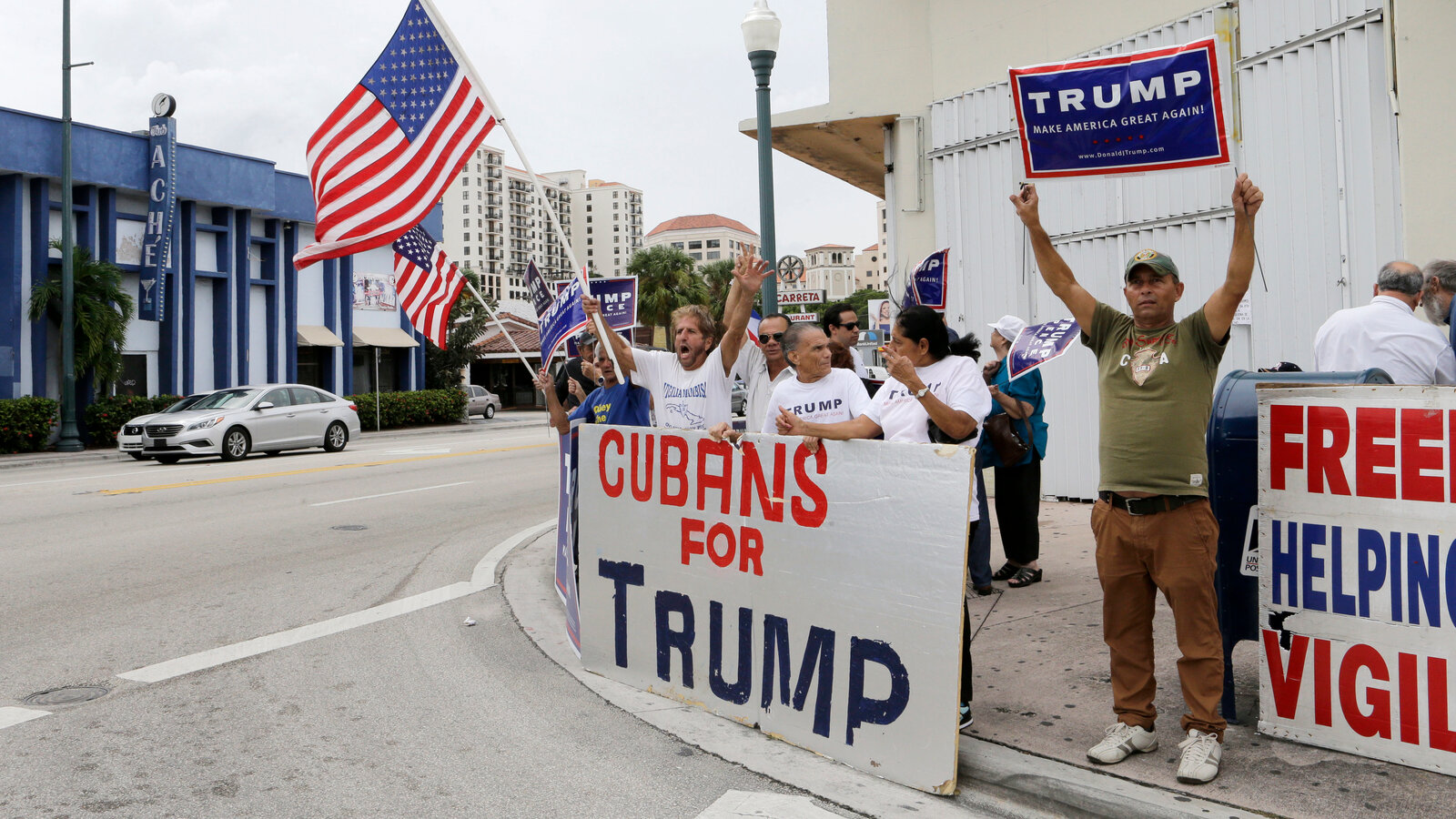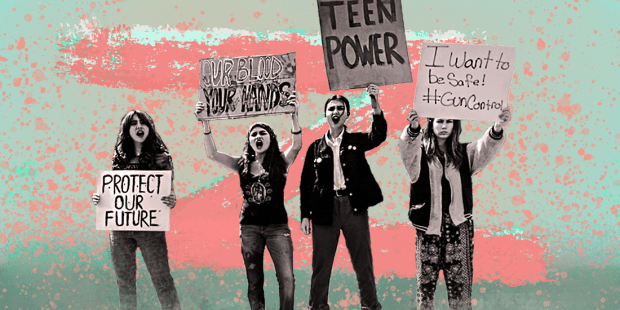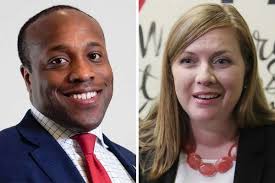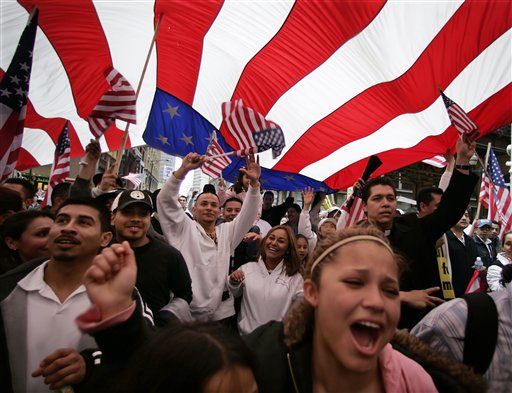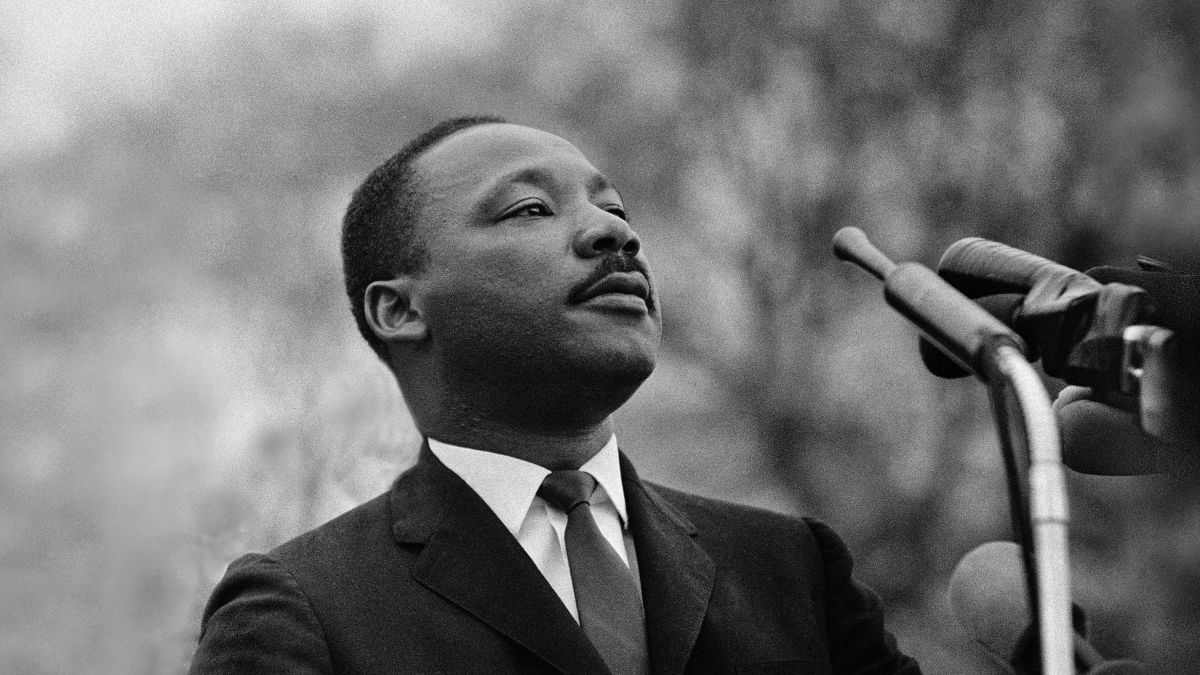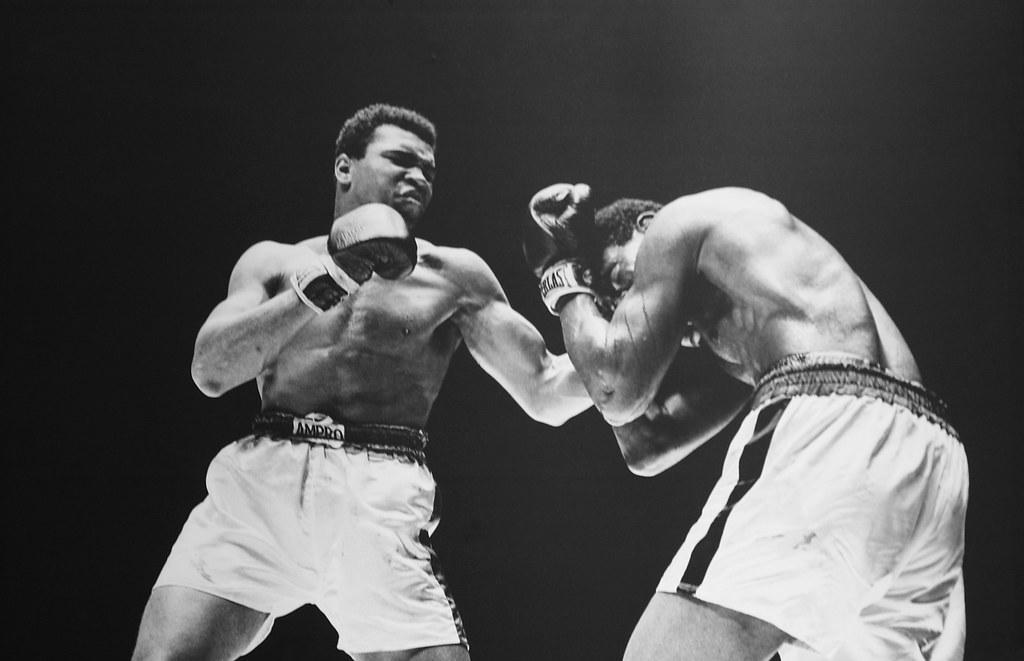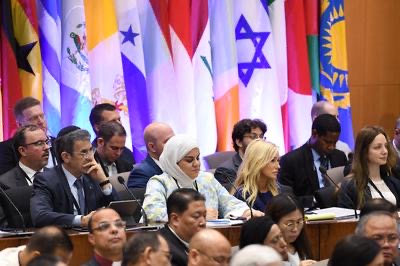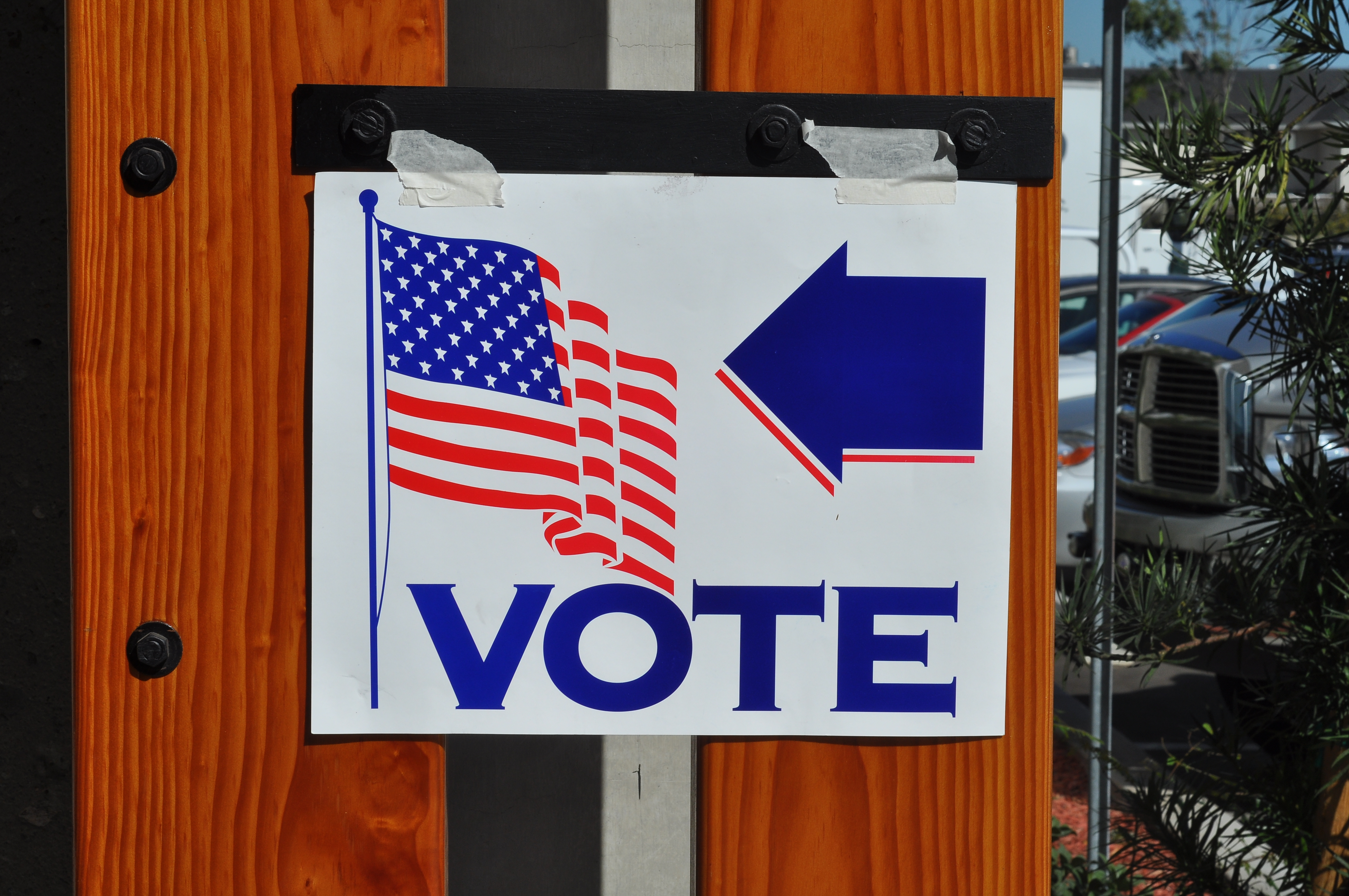The United States has had many allies throughout its 245-year history, they have traded with America, fought in wars alongside America, and sometimes have fought in wars against America, and have traded goods with America in the past 3 centuries. Here are America’s top allies post World War II
Britain

Relations between Britain and the U.S. formed two years after the Revolutionary war in 1785. The two became trading partners until the war of 1812. One year after the war ended, the relations were once again established in 1815. The two countries fought beside each other in multiple wars such as World Wars I and II, as well as the Iraq war.
The Treaty of Paris, signed in 1783, acknowledged Britain’s surrender of the Revolutionary war and established boundaries between the two countries. The Jay Treaty, which was signed in 1794, established a base upon which America could build a national economy and assure its commercial prosperity. The Treaty of Ghent ended the War of 1812, restored both countries to pre-war relations, returned prisoners, and restored the U.S. as a nation.
The two countries currently trade over $260 billion in goods. Both nations are each other’s number one source of foreign direct investment totaling up to $1 trillion. Britain is America’s 7th largest trade partner. The goods traded consist of metal, stone, minerals, fuels, machinery, and electric machinery.
France

The two countries have been allies since the American Revolutionary war as they were trading partners. France also helped America win its independence from Britain and aiding them again in the war of 1812. Both countries served side by side in both World Wars.
One of the biggest treaties the countries have co-signed would be the Treaty of Amity and Commerce, which recognized the U.S. as an independent nation and set up trade relations. Another would be the Treaty of Alliance in Paris, which provided a military alliance against Britain.
Today both countries work together to combat terrorism, and both are working to prevent Iran from developing nuclear weapons. France is also the United State’s third-largest trading partner in Europe. The trading relationship is very strong as $138 billion in goods was traded between the two countries in 2019. The goods traded consist of medical equipment, computer software, and scientific instrumentation.
Canada

During the American Revolution, anti-American loyalists fled to Canada, and some Canadians worried about U.S. annexation. During the War of 1812, Canada’s borders were invaded by American soldiers. When the war ended, the border was demineralized, the U.S. never attempted to invade Canada and Britain stopped aiding Native American attacks on the United States.
The partnership between the U.S. and Canada is formed by geographic location, similar values, and common interests. The two countries share the largest trading relationship in the world. The secure flow of goods and resources is vital to both countries and their respective economies for their economic prosperity. The goods and services traded between the two countries are worth an estimated $718 billion, with exports coming out to $360 billion and imports $358 billion. In 2019 the surplus for goods and services traded between both countries totaled $2.4 billion.
The goods being traded consist of vehicles, machinery, mineral fuels, and plastic. Billions of dollars of fresh fruit, vegetables are also traded between the two countries.
Trade agreements between Canada and the U.S. consist of the United States-Mexico-Canada Agreement (USMCA). It creates a more level playing field for North American workers and includes improved rules of origin for cars, trucks, and other products. It also benefits North American farmers and ranchers by strengthening food and agricultural trade.
Another major trade agreement between the two countries was NAFTA. The North American Free Trade Agreement was signed by President Clinton in January of 1994, and the result was Canada, America, and Mexico became the largest free market in the world. The combined economies totaled $6 trillion and affected 365 million people. The deal also opened insurance markets, expanded trade in financial services, and increased investment opportunities.
Japan
 The U.S.-Japan security treaty is designed to strengthen the bonds of peace and friendship and uphold the principles of democracy, individual liberty, and the rule of law. The treaty also promotes economic cooperation and stability between the two countries.
The U.S.-Japan security treaty is designed to strengthen the bonds of peace and friendship and uphold the principles of democracy, individual liberty, and the rule of law. The treaty also promotes economic cooperation and stability between the two countries.
The two countries began relations after World War II; 2020 marked the 60th anniversary of the U.S.-Japan security alliance. Japan provides military bases as well as financial and material support for U.S. forces. The countries coordinate on a number of global issues such as global health and environmental resource protection. The two countries also collaborate on supply chains to secure a transition to a 5G network.
The U.S.-Japan security treaty is designed to strengthen the bonds of peace and friendship and uphold the principles of democracy, individual liberty, and the rule of law. The treaty also promotes economic cooperation and stability between the two countries.
South Korea

Relations between the United States and South Korea first formed during the Joseon Dynasty under the 1882 Treaty of Peace, Amity, Commerce, and Navigation. The first diplomatic trip to South Korea in U.S. history was in 1883. The relations continued until 1905, when Japan assumed direction over the country’s foreign affairs. When World War II ended in 1945, the country was divided at the 38th parallel. The two countries fought aside each other during the Korea war for three years until the war ended in a stalemate, dividing North and South Korea at the 38th parallel. Today both countries work together to prevent North Korea from acquiring nuclear weapons.
The two countries reached over $168 billion in trade in 2019; the primary goods traded consisted of manufactured goods and agricultural products. South Korea’s direct investment in the United States has tripled since 2011 and is now worth over $61 billion, making it the United States’ second-largest Asian source of foreign investment. In the last three years, Korean companies invested in automotive components, industrial equipment, and consumer electronics.
Australia
 The U.S. and Australia first formed their relationship in 1918 when they fought side by side during World War I and have maintained a strong relationship ever since. In 2018 the country’s celebrated its century-long mateship. The U.S-Australia Free Trade Agreement went into effect on January 1, 2005, which has boosted U.S. exports to Australia by 80% since 2004. In 2018 all U.S. goods and services to Australia totaled $65.9 billion, with a trade surplus of $28.9 billion. According to the Department of Commerce, this agreement supports up to 250,000 U.S. jobs in sectors that include machinery, travel services, consumer goods, and financial services. In return, Australia exports food, feeds, beverages, industrial supplies and materials, and business and travel services,
The U.S. and Australia first formed their relationship in 1918 when they fought side by side during World War I and have maintained a strong relationship ever since. In 2018 the country’s celebrated its century-long mateship. The U.S-Australia Free Trade Agreement went into effect on January 1, 2005, which has boosted U.S. exports to Australia by 80% since 2004. In 2018 all U.S. goods and services to Australia totaled $65.9 billion, with a trade surplus of $28.9 billion. According to the Department of Commerce, this agreement supports up to 250,000 U.S. jobs in sectors that include machinery, travel services, consumer goods, and financial services. In return, Australia exports food, feeds, beverages, industrial supplies and materials, and business and travel services,
Germany

The U.S. first established relations with the German Empire in 1871; connections were terminated in 1917 when the U.S. entered World War I, reestablished again in 1921, and terminated again in 1941. When World War II ended, Germany was divided into four different parts. In 1955, the United States established relations with West Germany and East Germany in 1974; both zones were re-unified in 1990. Today Germany is one of America’s closest allies and trading partners.
In 2019 bilateral trade for goods and services totaled $260 billion, the goods being traded to Germany were aircraft and parts, vehicles, pharmaceuticals, medical equipment, and industrial machinery, with Germany exporting the very same goods to the United States. The U.S.-German Treaty of Friendship, Commerce, and Navigation provides free movement of capital between both countries. Taxation of U.S. firms within Germany is governed by a protocol for avoiding double taxation.
The Philippines

Relations with the Philippines began in 1946 and are based on a shared commitment to human rights and democracy. The 1951 mutual defense treaty between the two countries provides a foundation for a security partnership that began during World War II. They have a strong trading relationship with over $27 billion in goods and services being traded. The U.S. is one of the largest investors in the Philippines, and the Philippines is the United States’ third-largest trading partner. The key imports the U.S. receives are automobile parts, electric machinery, textiles, garments, wheat, and coconut oil. Key exports are agricultural goods, machinery, cereals, and electronics.
The two countries have had a bilateral Trade and Investment Framework Agreement, signed in 1989, that addresses bilateral issues and recognizes the importance of protecting intellectual property, and encourages technological development.
Brazil

The United States was the first country to recognize Brazil as a democracy in 1822; today, the two countries are the largest democracies in the Western Hemisphere, promoting economic growth, prosperity, and international peace. Brazil is the United States’ second-largest trading partner. In 2018 two-way goods and services totaled $103.9 billion was. Last year the United States trade surplus was $20 billion for goods and services.
Brazil’s main imports from the United States are petroleum products, aircraft machinery, electronics, and optical and medical instruments. The United States is Brazil’s second-largest export market; the primary products are crude oil, aircraft iron, steel, and machinery. The U.S. Bureau of Economic Analysis reports the United States has invested over $68 billion in Brazil since 2017.
In 2011 the two countries signed the Agreement on Trade and Economic Cooperation to enhance trade between them. The deal expands our relationship by providing a framework to improve the cooperation on issues concerning trade, such as mutual concern, facilitation, and other barriers to trade.
Kenya
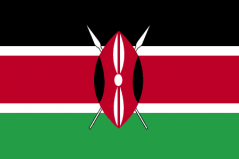 Diplomatic relations between the two countries began in 1964 following Kenya declaring their independence from Brittan in 1963. The two countries became closer after Kenya became a democracy in 2002. In July of 2020, the U.S. and Kenya announced a free trade agreement that would help small businesses promote inclusive economic growth. The deal would also help U.S. companies become more competitive in Kenya and other East African countries. The deal would also improve intellectual property protections and facilitate digital trade.
Diplomatic relations between the two countries began in 1964 following Kenya declaring their independence from Brittan in 1963. The two countries became closer after Kenya became a democracy in 2002. In July of 2020, the U.S. and Kenya announced a free trade agreement that would help small businesses promote inclusive economic growth. The deal would also help U.S. companies become more competitive in Kenya and other East African countries. The deal would also improve intellectual property protections and facilitate digital trade.
Nigeria

Relations began between Nigeria and the United States when Nigeria declared its independence from Brittan in 1960. Between 1966 and 1999, Nigeria experienced a series of military coups and a civil war that lasted for two and a half years that concluded in 1970, resulting in over a million casualties. Following the inauguration of a civilian president in 1999, the relationship between the two countries began to improve. Nigeria has the largest economy in Africa and has a population of 200 million people.
The two countries signed a Trade and Investment Framework Agreement in 2000.
The U.S. is the largest foreign investor in Nigeria; in 2019, Nigeria was the second-largest export destination totaling over $3 billion. That same year two-way trade goods totaled over $10 billion. U.S. exports to Nigeria include wheat, vehicles, machinery, kerosene, jet fuel, civilian aircrafts, and plastic.
South Africa

Diplomatic relations were first established in 1929, but apartheid put a strain on the established relations. When apartheid ended in 1994, the U.S. and South Africa have enjoyed a bilateral relationship. After Nelson Mandela became President, the U.S. South African Binational Commission was launched to support the rebuilding of South Africa. South Africa has struggled with many things, such as unemployment, corruption, and an HIV/AIDS epidemic. The U.S. tries to focus on improving healthcare and education, and teaching standards. Since 2004, the U.S. government has invested over $6 billion in combating HIV/AIDS via the President’s Emergency Plan for AIDS Relief.
South Africa is the largest U.S. trade partner in Africa, with a two-way goods trade totaling $14 billion. 600 U.S. businesses operate in South Africa, many of which use the country for their regional headquarters. The two countries have a bilateral treaty eliminating double taxation. In 2012 they signed a Trade and Investment Framework Agreement (TIFA) to discuss mutual interest and improving cooperation for improving trade and investment. Topics discussed range from intellectual property rights, labor and the environment.
The Development Trade Investment and Development Cooperative Agreement (TIDCA), signed in 2008, is designed to focus on trade facilitation and investment promotion between the U.S. and South Africa, as well as four other African countries such as Botswana and Namibia.
India

Relations with India began with India after India declared independence from Brittan in 1947 which led to the first meeting between the two countries in 1949. India took a neutral position during the cold war. This set the tone for the relations between the U.S. and India during that time, creating constraints. In 1959, President Eisenhower became the first President to visit India, where he met with President Rajendra Prasad and Prime Minister Jawaharlal Nehru. The U.S. has supported India in its war with China. When war broke out with Pakistan while Pakistan was fighting its own civil war, the U.S. sided with Islamabad.
Today the two enjoy a close relationship; in 2005, the Civil Nuclear Cooperation Initiative set guidelines for nuclear exports and nuclear trade. The relationship between the two countries is committed to freedom, democratic principles, and equal treatment of all citizens, human rights, and the rule of law. The U.S. and India trade $149 billion in goods; in 2018, India purchased over 48 million barrels of crude oil from the U.S.
Israel

The United States first recognized Israel as a state in 1948 and was the first to recognize Jerusalem as the capital in 2017. The U.S. is the United State’s closest ally, and Israel has been a close ally of the United States for decades. The two countries are united in their commitment to economic prosperity and regional security. The United States is committed to normalizing relations between Israel and Muslim majority states.
The U.S. has been selling weapons to Israel for years; in 2016, the two countries the, Memorandum of Understanding, a ten-year weapons deal worth $3.3 billion for military financing and $500 million for missile defense. The two countries also participate in research, weapons development, and military exercises together.
The two countries trade $50 billion in goods between one another annually. The U.S.-Israel Free Trade Agreement (FTA) and the Agreement on Trade and Agricultural Products, both signed in 1985, have greatly grown trade between both countries, making the United States Israel’s largest trading partner. In 2019, American exports to Israel totaled $14.7 billion, where imports are worth $19.6 billion.
Mexico

Relations between the United States and Mexico are strong as they share a 2,000-mile border together with 55 ports of entry. There is $1.7 billion in two-way trade between the two countries as Mexico’s exports rely heavily on U.S. markets. In 2019, Mexico was the second-largest supplier of crude oil to the United States, as well as the largest market for American-made petroleum products. Other Mexican exports to the U.S. include plastics, vehicles, machinery, electric machinery, and mineral fuels. The United States has invested over $114 billion in Mexico, while Mexico has invested $18.7 billion in the United States. Mexico is involved in the United States-Mexico-Canada Agreement, promoting free trade through all three countries; a key stipulation of the agreement is that it must undergo a formal review every six years. Mexico is also committed to enforcing its border as they have apprehended over 145,000 people trying to migrate to the United States in the past six months.

